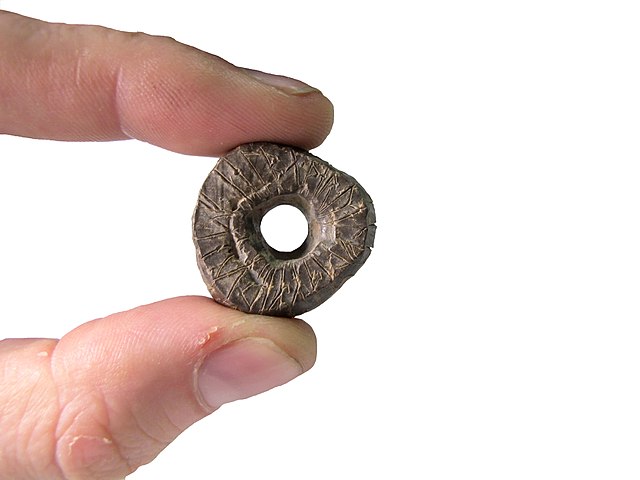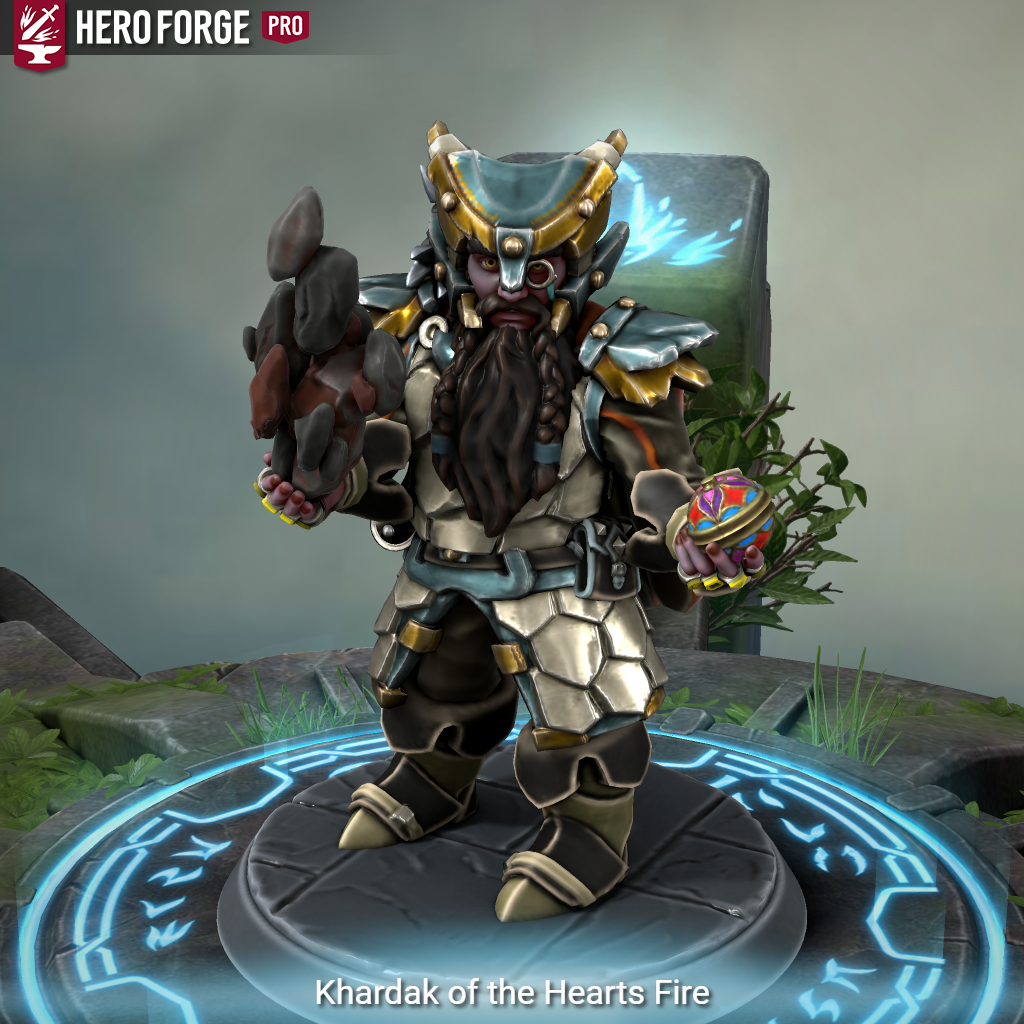rune casting wizardry
Nicknames: rune mages, rune wizards (polite), tile throwers (derogatory)
Rune casters use runes as the primary method of spellcasting. Usually this means they carry a pouch of runes. They typically brandish a rune (or a couple related runes) when spellcasting.
Runes are typically carved out of fairly rarified materials, monster bones, volcanic rock, Silverwood. In most cases rune casters make their own runes or only use runes made by very trusted friends and family members.
Rune casters are not entirely dependent on physical, they can trace runes in the air as part of their somatic component and chant the rune’s name out loud while casting. Rune casters can also cast a spell while drawing a rune be they drawing in ink, chalk, scratching in the dirt, or smearing runes in blood.
Relative to other mages, rune casters tend to show greater aptitude in magical item creation which they do by permanently infusing magic into runes and carving or attaching runes to items. Most rune casters are either recruited from among skilled craftsmen or they quickly learn some skilled crafts shortly after becoming apprentice rune casters.
All eight schools of magic are represented in the rune casting wizarding community, Conjurers and Invokers are somewhat overrepresented (largely because the body conditioning rune casters have to endure has a lot of overlap with these magic schools) and Diviners and Illusionists are somewhat underrepresented (because rune casters tend to be focused on solid tangible things versus the realm of thought).
Enough rune casters survived the Second Unmaking that the tradition began anew in the Third Age. There were some nomadic elf tribes that survived the Second Unmaking but did not survive the Red Era of the Third Age. Many of these nomadic elf tribes were said to have rune casters among them. A lot of human barbarians in the Third Age either picked up rune casting from them or from some other independent source. As more and more barbarians gave up the nomadic lifestyle in favor of farming, more and more rune casters joined civilized society, taking their magical practices with them largely unchanged. Even in the Modern Feudal era, rune casters can be found, at least in small numbers, among both civilized and barbarian humans.
Small numbers of rune casters can be found in nearly every corner of Scarterra, but they are not especially common in most human or Elven lands. In all four dwarf subcultures, a majority of dwarf mages are rune casters. Rune casters are fairly common among dwarf-influenced cultures such as Mondarian humans, kalazotz, and the Borderland regions. Rune casters are not all affiliated with dwarves, and rune casters can be found among humans all over Scarterra, but they are more common in West Colassia and Penarchia, lands that have native dwarf populations. Even though dwarves are not especially likely to share their secrets, in both West Colassia and Penarchia, enough dwarf rune casters have taken on enough human apprentices over the centuries that human rune casters are not especially hard to find in these lands.
There are even a few barbarian tribes that have rune casting subcultures including the Mereshnari and Jórtoca. The Jórtoca believe their ancestors learned rune casting from dwarves while the Mereshnari rune casters claim to have learned their craft from the ancient Fakhari.
According to legends, while the Fakhari had magical practitioners of all stripes, their most powerful mages were rune casters. Backing up the East Colassians claim that their continent holds the heartland of the long lost Fakhari civilization is the fact that rune casters are fairly common among East Colassian humans. Most Mereshnari mages are rune casters and rune casting is fairly common among the Riverlands and Midlands regions where the locals have a lot of Meresh blood in their veins and follow some of their cultural practices. To a lesser extant, the Colassian Confederacy as a whole has a fairly high number of rune casting wizards. In the Colassian Confederacy as a whole, rune casters are roughly as common as classical hermetic wizards.
Rune casters are pretty socially and intellectually insular but there was and is some crossover with other wizardry traditions, especially classical hermetic wizards and folk magicians. A lot of other magical traditions incorporate magical runes to a limited extent. Rune casters have gradually been adopting hermetic style books of lore and hermetic meditation techniques.
Apprentices and Training
Rune casters learn their craft from their mentors. Typically mentorships are one-on-one but a few rune casters who are especially gifted teachers might have two or three apprentices at a time. There are a few fellowships of rune casters but these are fairly informal and as of yet no rune caster fellowship has opted to mentor an apprentice collectively. Rune casters value merit and their professional reputations. Most would-be mentors are very selective of whom they train and screen perspective apprentices very carefully. It is exceedingly difficult to buy an apprenticeship with rune casting mentor. Rune casting is seen as a highly personal endeavor. The relationship between mentors and apprenticeships is considered very important and rune casters take justifiable pride in the accomplishments of their mentors and apprentices but they are less likely to worry about their mentor’s mentor’s mentor and rarely keep track of their lineage of wisdom beyond three or four steps whereas other wizards try to extend their known lineage of wisdom as far back as they can (possibly with some embellishments to fill in the blanks). Once a rune caster masters the basics of their magical craft, a rune caster can generally learn new magic with independent study relatively easy. This largely negates the need for greater rune casting fellowships. While rune casters respect fellow practitioners of their craft, they are less likely to gather socially or politically than other magical traditions. Women are not forbidden from becoming rune casters but given that rune casting tends to focus on things over people, the practice tends to attract far more males than females. Female rune casters are given no special treatment, good or bad. They are simply less common. Rune casters are not saints and thus have their own desires. They are also not wholly apolitical though many claim otherwise. It is rather difficult (though not impossible) to bribe or coerce a rune caster into taking someone on as an apprentice. Rune casting take their professional reputation of the reputation of rune casters in general very seriously. New apprentices are selected primarily from merit and any potential apprentice is likely to be put there a battery of difficult physical and mental tests before an apprenticeship is even offered.History and Spread
Wizardry in general did not become a thing until the Second Age, but rune casting wizardry is the only form of wizardry that has even a tenuous claim to having a First Age legacy. Vague historical records, mention some dragons and kobolds experimented with runic sorcery during the First Age, but this “runic sorcery” seems to have disappeared by the Feudal Era of the Third Age.Runic wizardry seemed very common in the Second Age. It is possible that it was the most common form of arcane magic for a time. Some dwarves claim to have invented rune casting, but the elves claim their ancestors came up with the practice first. As evidence they cite the small rune casting subcultures among the dark elves and wood elves as evidence that elves practiced rune casting first. There are historical records to back up a great many Second Age elves practicing rune casting magic but it is also clear that the Second Age dwarves were prodigious rune mages as well.
Runecaster Character Creation Guidelines
Required: Arcane Spell caster Merit, Willpower 5+ Intelligence 3+, Stamina 3+ OR Willpower 8+ Intelligence 2+, Stamina 2+ Highly Recommended: Focused Bound Flaw (physical runes), Magic Blood Merit (by carving runes on the caster’s body) Recommended: At least a few dots in the Crafts ability, Scribe Scroll Merit, Pain Tolerant Caster, Craft Permanent Magic Item Merit, Craft Charged Magic Item Merit, Magic Blood Merit Forbidden: None
Important Locations



Comments